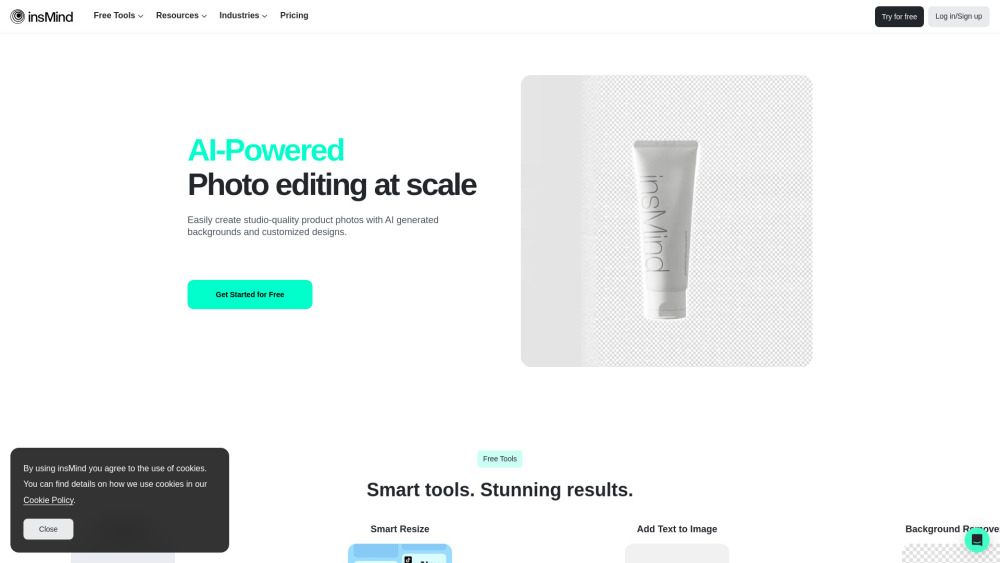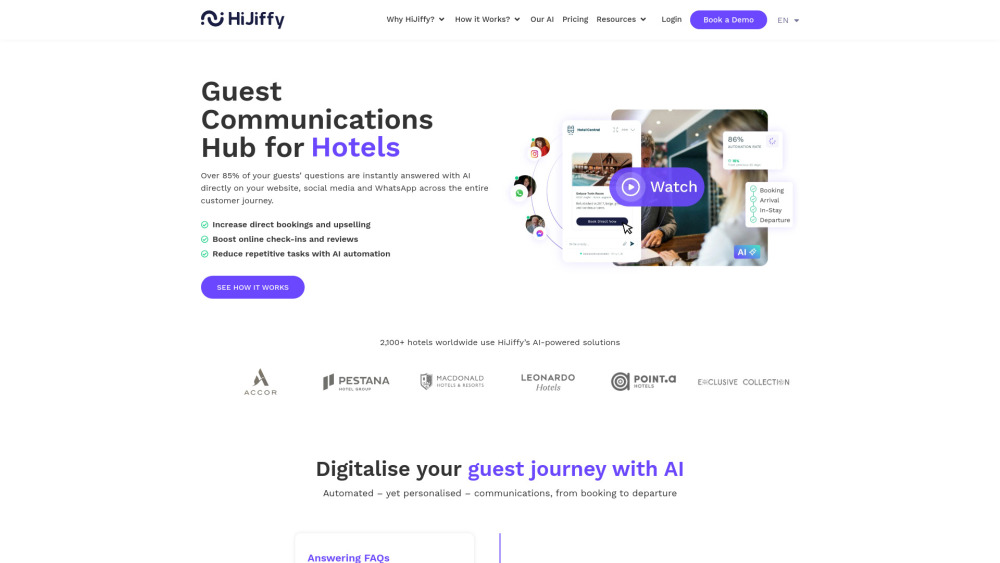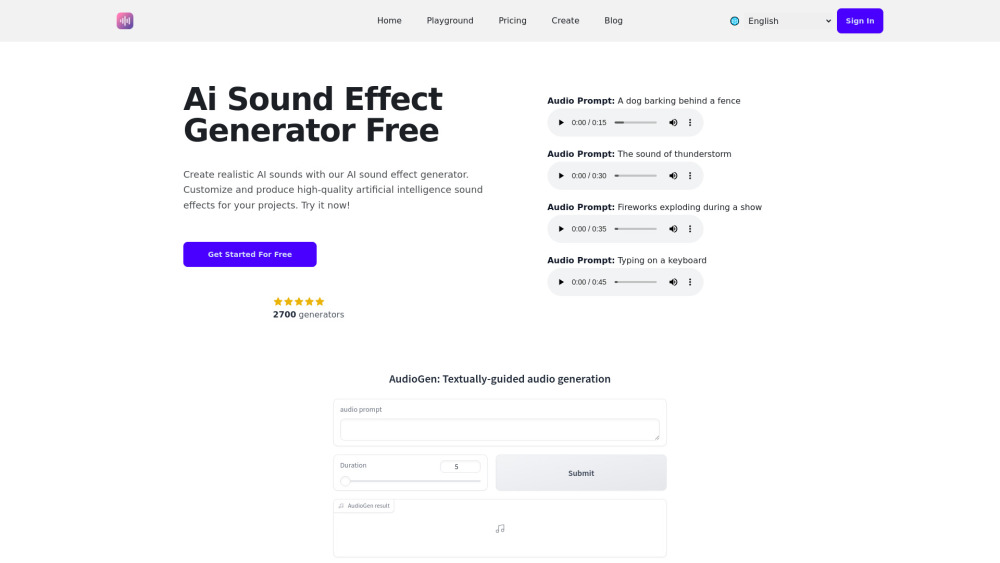Microsoft's Copilot: A Game-Changer in Generative AI Technology
Microsoft's Copilot, a suite of generative AI technologies, is poised to revolutionize the company's revenue potential, with one analyst forecasting an astounding $10 billion in annual revenue by 2026. Despite a somewhat staggered and confusing launch, Microsoft CEO Satya Nadella revealed that 40% of Fortune 100 companies were testing Copilot by fall. Forrester also predicts that 6.9 million knowledge workers in the U.S. will utilize some form of Copilot by 2024, signaling Microsoft's ambitious drive for growth in this tech space.
During Microsoft Ignite 2023, the company unveiled three new Copilot offerings within its software and services lineup: Copilot for Azure, Copilot for Service, and Copilot in Dynamics 365 Guides. Additionally, Microsoft introduced Copilot Studio—a platform that enables seamless integration of Copilot for Microsoft 365 (in applications like Excel, Word, and PowerPoint, as well as Microsoft Edge and Windows) with third-party data.
Copilot for Azure
Now available in preview, Copilot for Azure is Microsoft’s direct response to Google Cloud's recently announced Duet AI. Similar to Google’s offering, Copilot for Azure acts as a chat-driven assistant for cloud users, aiding in app configurations and troubleshooting by identifying potential issues and their solutions.
"Integrated directly into the Azure portal where IT teams operate, Microsoft Copilot for Azure streamlines the workflow," Erin Chapple, CVP of Azure Core Product and Design, stated in an email interview. “Through a unified chat experience, users can easily inquire about their workloads, infrastructure, and cloud functionalities.”
Copilot for Azure can respond to straightforward inquiries such as, “How many cloud resources do I have?” along with more complex requests like, “What data store should I use for my application?” and “Create the command-line interface to perform this action.” By leveraging advanced generative AI models, particularly large language models (LLMs), Copilot integrates knowledge from technical documentation alongside user-specific setups and policies.
Chapple emphasizes, “Using the capabilities of LLMs, Copilot interprets the customer data we have in Azure—providing insights into their existing deployments and characteristics.” Users can understand patterns in their data by asking questions that yield actionable insights.
While generative AI can sometimes produce inaccurate information, users can trust Copilot in Azure to an extent based on their risk levels. Chapple reassures that users can inquire how Copilot arrived at a recommendation or seek clarification on its reasoning.
Chapple outlines four primary activities for Copilot in Azure: designing (configuring application services), operating (responding to inquiries and executing commands), troubleshooting (drawing insights across Azure services), and optimizing (enhancing cost-effectiveness, scalability, security, and reliability). So far, more than 15,000 internal users and a select group of private preview customers have tried Copilot for Azure, with more skills being added as user feedback rolls in.
Copilot for Service
Copilot for Service targets customer service applications, seamlessly integrating with various customer relationship management (CRM) systems, including Dynamics 365, Salesforce, SAP, Workday, and ServiceNow. This tool assists customer service agents by answering sales inquiries and suggesting next steps.
Copilot for Service can be deployed at the Windows desktop level or through Microsoft Teams, allowing agents to pull information directly from company websites, knowledge articles, and offline databases instantly. As the service develops, Microsoft plans to expand Copilot for Service to make proactive recommendations for creating or updating knowledge articles based on various communication channels, such as emails and Teams chats.
Despite being similar to the previously launched Copilot in Dynamics 365 Customer Service, Copilot for Service offers integration with Microsoft 365 and customization via Copilot Studio. Scheduled for a public preview in early December, the pricing for Copilot for Service will be $50 per user per month, reflecting the higher costs associated with running AI models at scale, with general availability planned for Q1 2024.
Copilot in Dynamics 365 Guides
Copilot in Dynamics 365 Guides is designed for frontline workers, primarily optimized for use with the HoloLens 2 headset. This tool employs generative AI to summarize information relevant to workers and project those summaries as overlays on the equipment they are maintaining.
Frontline workers can ask questions about specific components—like “What’s the torque limit for these bolts?” or "Walk me through the steps to disassemble this filtration unit." Copilot will recognize the components being referenced and provide answers, displaying instructions on HoloLens 2's heads-up display.
The effectiveness of Copilot in Dynamics 365 Guides greatly depends on access to comprehensive information such as technical documentation or IoT sensor data. The underlying OpenAI models process visual inputs from the HoloLens 2, allowing the tool to present helpful diagrams or even read summaries aloud.
While the innovative concept appears promising, skepticism arises regarding its real-world performance, especially in challenging environments and with specialized machinery. The private preview indicates that Microsoft is still working out various kinks, but excitement remains about the project's future potential and how it compares to emerging solutions in the field service sector.
Copilot Studio
Finally, Copilot Studio represents Microsoft’s initiative to enhance the extensibility of its Copilot offerings for business clients. This web-based platform, available in public preview for existing Copilot for Microsoft 365 subscribers, allows companies to integrate their proprietary data with Copilot tools using prebuilt or custom connectors.
Through Copilot Studio, businesses can ensure that their Copilots provide tailored responses to specific inquiries—such as onboarding questions—and craft custom “copilots” tailored to unique enterprise needs. Users can easily describe their desired solutions in natural language, and Copilot Studio will generate a starting point, leading them to a collaborative interface for refinement.
Finalized copilots can be deployed across multiple channels, and a dashboard tracks their status and customization efforts, complete with access controls to secure data.
“Copilot Studio encapsulates the complete lifecycle of Copilot management within a single interface, from building to deployment and analysis,” said Omar Aftab, VP of Conversational AI at Microsoft. “As a software-as-a-service model, everything built is instantly live.”
While questions linger about Microsoft’s data center capacity for hosting numerous custom copilots—especially after recent challenges in that area—Microsoft remains confident, offering Copilot Studio as a capacity-based license to promote broader adoption within its ever-expanding Azure portfolio.
This comprehensive suite of advancements unveiled during Microsoft Ignite 2023 showcases the company's commitment to harnessing AI technology, promising significant enhancements across various business functions.





